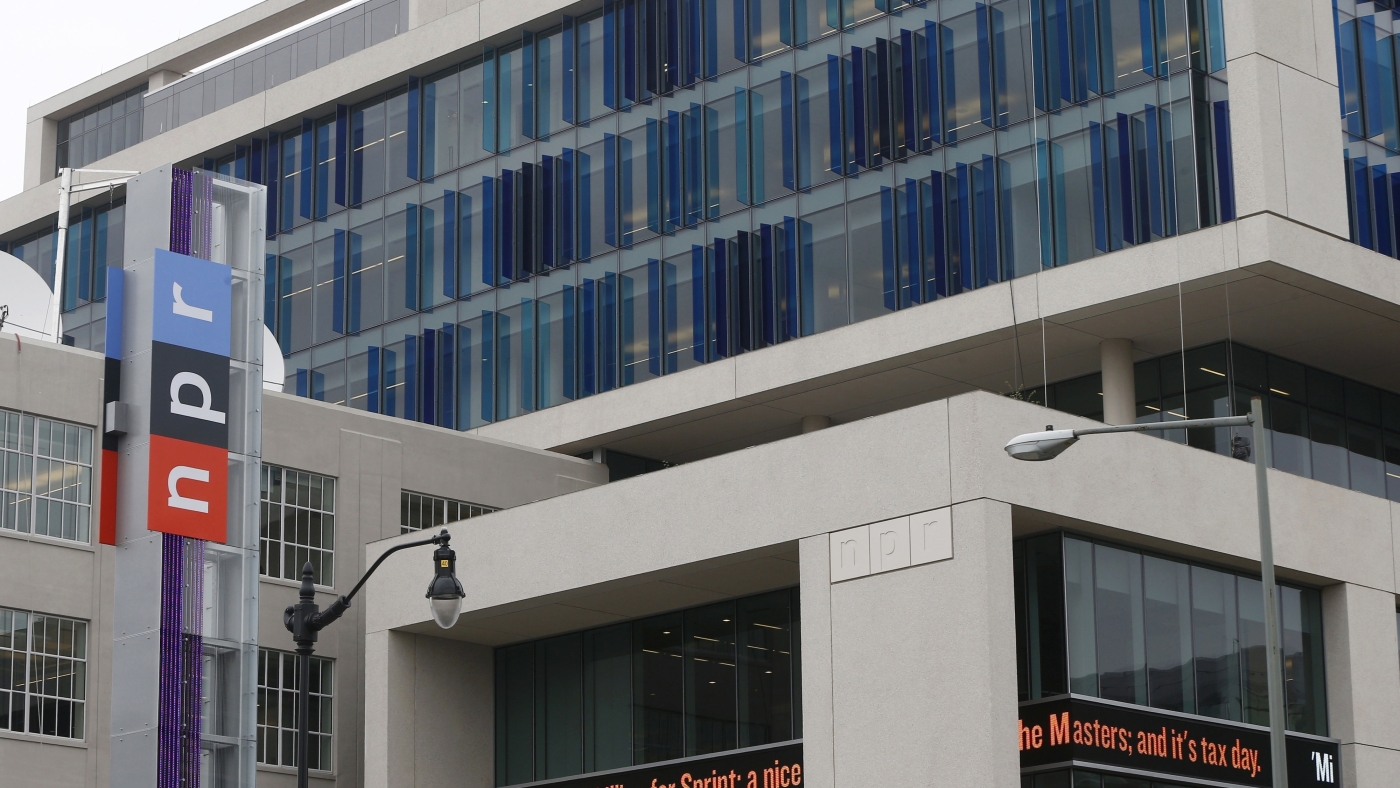The Alien Enemies Act and Federal Funding Controversies Under Trump: A Deep Dive
Introduction
The intersection of immigration policy and media independence has long been a contentious battleground in American politics. Under the Trump administration, two particularly controversial actions—the invocation of the Alien Enemies Act for deportations and the executive order to defund NPR and PBS—ignited fierce legal and public debates. These decisions not only tested constitutional boundaries but also raised fundamental questions about executive power, due process, and press freedom.
This analysis explores the historical context, legal challenges, and broader implications of these policies, offering a clear-eyed view of their impact on American governance and civil liberties.
—
The Alien Enemies Act: A Wartime Law Reawakened
Historical Roots and Original Intent
Enacted in 1798 as part of the Alien and Sedition Acts, the Alien Enemies Act grants the president sweeping authority to detain, imprison, or deport non-citizens from nations deemed hostile during wartime. Historically, it has been used sparingly—most notably during World War II to intern Japanese, German, and Italian nationals. For decades afterward, the law remained dormant, viewed as a relic of past conflicts rather than a modern immigration tool.
Trump’s Controversial Application
The Trump administration revived the act in an unprecedented move, targeting members of the Venezuelan gang *Tren de Aragua* for expedited deportation. Officials framed the action as necessary to combat an “invasion” of criminal elements, leveraging the act’s wartime provisions despite the absence of a declared war with Venezuela.
Critics argued that this interpretation stretched the law beyond its intended scope, using it as a blanket justification for aggressive immigration enforcement. The administration’s stance hinged on a broad definition of “enemy,” raising concerns about due process and the potential for arbitrary detentions.
Legal Pushback and Judicial Scrutiny
The policy faced immediate legal challenges. A federal judge blocked the deportations, ruling that the administration’s approach violated due process by denying detainees even a minimal opportunity to contest their removal. The court’s scathing opinion described the government’s actions as lacking “a gossamer thread of legal justification.”
The D.C. Circuit Court of Appeals upheld this decision, dealing a blow to the administration’s strategy. However, the Supreme Court later permitted deportations to proceed—but with a critical caveat: due process protections could not be ignored. This partial victory for the administration did little to resolve the underlying constitutional questions, leaving the door open for future legal battles.
—
The Battle Over Public Broadcasting: Defunding NPR and PBS
The Executive Order and Its Justifications
In a separate but equally polarizing move, President Trump signed an executive order directing the Corporation for Public Broadcasting (CPB) to cut federal funding for NPR and PBS. The administration accused these outlets of liberal bias, framing the decision as a corrective to taxpayer-subsidized partisanship.
Supporters of the order argued that public broadcasting had strayed from its original mission of neutrality, while opponents saw it as an attack on independent journalism and a dangerous precedent for government interference in the press.
Legal and Practical Consequences
The order triggered swift backlash, with legal experts questioning its constitutionality. First Amendment protections for press freedom posed a significant hurdle, as courts have historically barred the government from using funding as a tool to punish or control media entities.
Beyond the legal arena, the practical impact of defunding would have been severe. NPR and PBS rely on federal dollars to sustain local programming, educational content, and investigative journalism—particularly in rural areas where commercial media is scarce. A funding cutoff risked creating “news deserts,” disproportionately affecting underserved communities.
Public Outcry and Political Fallout
The proposal galvanized both sides of the ideological divide. Conservative media cheered the move as a long-overdue reckoning for perceived bias, while journalists and free-speech advocates warned of creeping authoritarianism. The controversy also highlighted a deeper cultural divide: Should public media exist as a neutral public service, or is it inherently political?
—
Broader Implications: Power, Precedent, and Democracy
Constitutional Cliffs and Executive Overreach
Both controversies underscored the fragility of democratic norms when executive power goes unchecked. The Alien Enemies Act case tested the limits of presidential authority in immigration enforcement, while the NPR/PBS battle raised alarms about state influence over the press.
Legal scholars noted that these actions fit a broader pattern of the Trump administration testing legal boundaries—often forcing courts to intervene as a backstop. The resulting rulings have lasting implications, shaping how future presidents might wield similar powers.
Public Trust and Institutional Erosion
Perhaps the most enduring consequence is the erosion of public trust. By framing immigration enforcement as a wartime measure and media criticism as justification for defunding, the administration deepened societal divisions. These tactics fueled perceptions of governance by fiat rather than consensus, further polarizing an already fractured electorate.
—
Conclusion: A Legacy of Legal and Cultural Conflict
The Trump administration’s use of the Alien Enemies Act and its assault on public broadcasting funding were more than isolated policy disputes—they were stress tests for American democracy. The outcomes of these battles will influence presidential power, media independence, and due process for years to come.
As the legal challenges continue, one lesson is clear: When norms are stretched or broken, the courts and public vigilance become essential safeguards. The ultimate resolution of these conflicts will determine not just the fate of individual policies, but the resilience of the institutions that define American governance.











